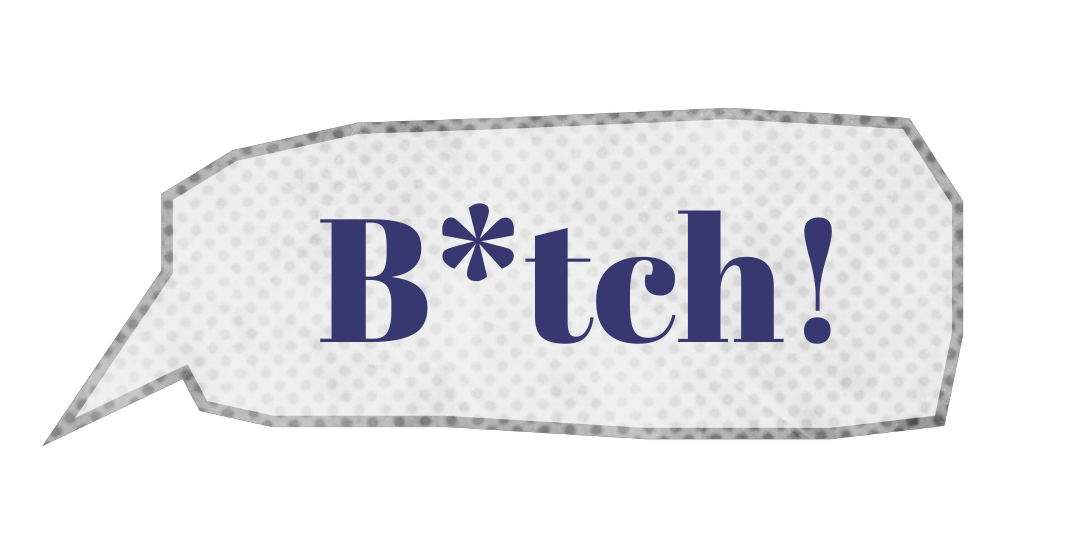Swearing and Sexism
Content warning: swearing a sexist terms.
A lot of curse words are specifically targeted at women. Insults like “b*tch,” “sl*t,” or “wh*re” — they’re aimed specifically at women and usually attack their behaviour, emotions, or sexuality. Curse words that degrade women have been normalised throughout history, which reinforces hurtful systems such as sexism, misogyny, and violence against women.
Language shapes the ways which a society and culture think and act. If we are able to casually throw around words that objectify and police women's behaviour it becomes so easy for society to treat women badly without even thinking about it.
Origin; Comes from the Old English word bicce, which literally meant a female dog.
Shift in meaning: By the 1400s, it started being used as a slur against women — implying they were aggressive, unpleasant, or sexually immoral (basically comparing them to animals).
Why it matters: It’s one of the earliest examples of how female behaviors (like being assertive or emotional) gets twisted into something ugly through language.
What can you do?
1. Call out sexist and derogatory terms.
Remember to be respectful when doing this as many people don't realise the connotations and the true impacts of their words, however, words hold power. Its important to educate others on the true meanings and effects of their words.
2. Reclaim and own it
Reclaiming a derogatory term means taking the power back — turning shame into strength and owning the words that were meant to break you. When you define the word for yourself, no one else can use it against you.







